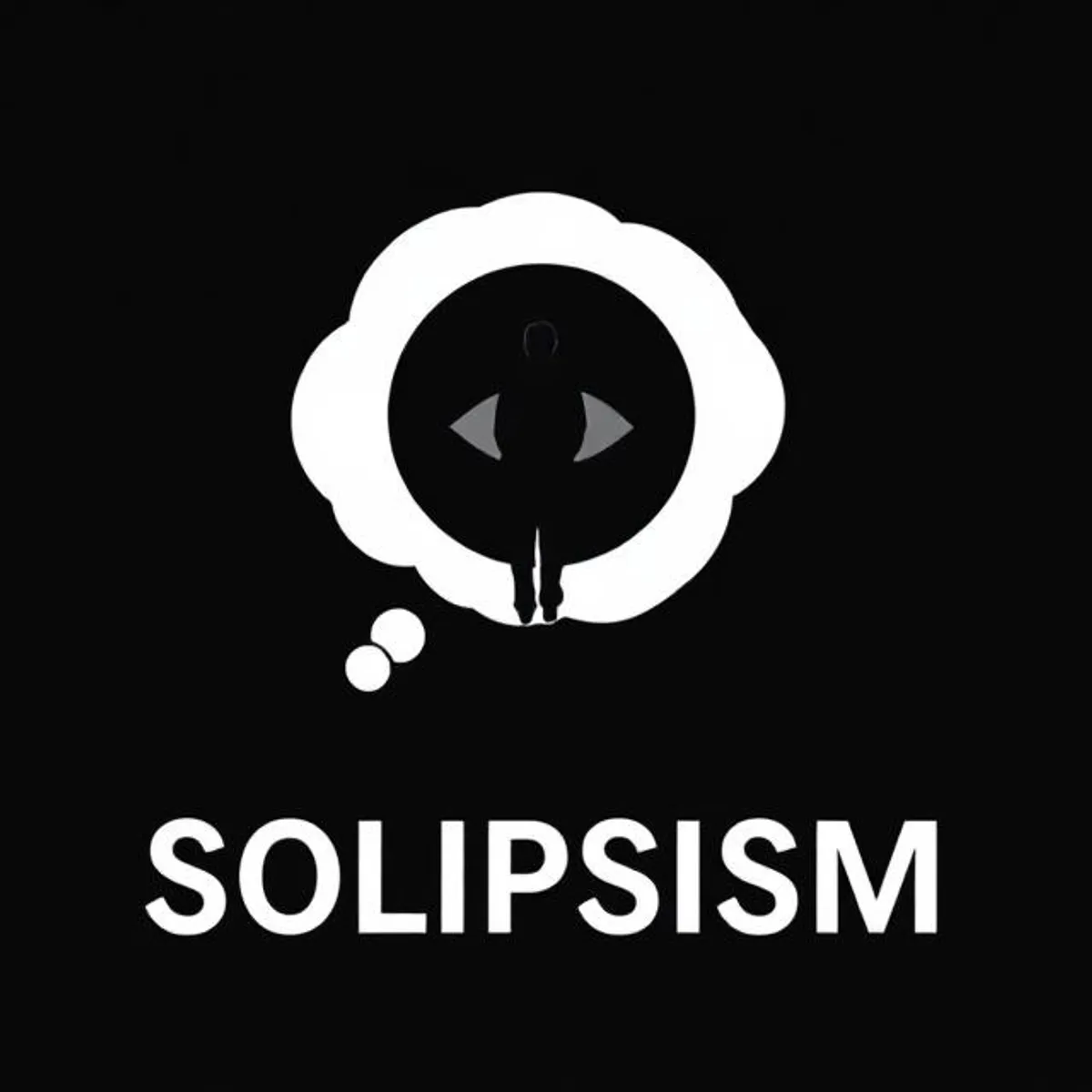Solipsism: Alone in the Universe or Just in Your Mind?
What if you’re the only conscious being in existence? Not metaphorically — literally. What if everyone you know, every face you pass, every interaction you have is just a projection of your own mind? This is the unsettling core of solipsism, the philosophical idea that only one’s own mind is sure to exist.
The Digital Age: A Solipsist’s Playground
In an era where we spend more time staring at screens than into each other’s eyes, the solipsistic impulse has only grown stronger. Scrolling through TikTok — a feed curated entirely for you — or diving into virtual reality simulations, it’s easy to feel like the world revolves around your perspective. Algorithms reinforce your preferences, your biases, your interests. Is it any wonder we begin to question what’s real outside ourselves?
Simulation Theory and the Matrix of the Mind
Popular culture often dances with solipsistic themes. The Matrix suggests our perceived reality may be nothing more than a computer-generated illusion. Inception questions the layers of dreams within dreams. Even in Black Mirror episodes, the line between self and simulation blurs uncomfortably. These stories tap into a deep psychological unease: if everything can be faked, what can be trusted?
The Isolation of Modern Life
Solipsism isn’t just a theory — it’s a feeling. The rise of loneliness in the digital age echoes the solipsist’s fear: that we are fundamentally alone. The pandemic made this visceral. Zoom calls replaced hugs. Avatars stood in for presence. When all interaction is mediated through technology, how do we know the other is truly there?
Everyday Solipsism
Even in mundane moments, solipsistic thinking creeps in. Ever had a dream so vivid you doubted waking reality? Ever felt like you were the only “real” person in a crowd? Or perhaps assumed others couldn’t possibly feel emotions as deeply as you do? These are traces of solipsism at work — subtle, insidious, and surprisingly common.
Do Others Exist — Or Do We Just Hope They Do?
So, how do we know others are real? We can’t — not with absolute certainty. But maybe that’s not the point. Maybe belief in others is less about proof and more about hope. A kind of leap of faith that connects us despite the void between minds.
Final Thought: A Challenge to the Reader
Here’s a thought experiment: Does believing in others make them more real — or does it simply soothe the solipsist in all of us?
Whether or not you accept solipsism as truth, the question it raises is worth pondering: Is reality shared, or is it just you, alone, dreaming of everyone else?
“I think, therefore I am.” But what about them?
